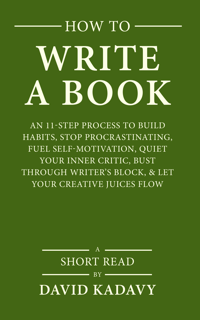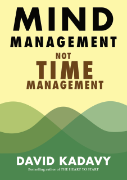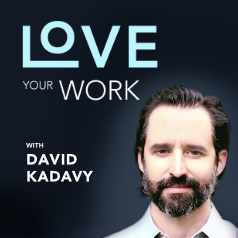Subscribe to blog updates via email »
Creativity Bootcamp: Isolate
This is week 5 of Creativity Bootcamp, based upon the Eight Life Hacks for Creative Thinking. Last week, I told you to Socialize by finding a group outside of your core interest. This week, I want you to Isolate.
Too much exposure to other people’s opinions or thoughts can drown out your own inner voice; and creativity is all about your individual interpretation of what you encounter in the world. To really develop a strong and individual point of view that is still relevant to the world, not only do you have to understand the world – through socializing – you have to develop and own your unique way of processing the stimuli of the world. But, the constant blizzard of information that we encounter throughout our day makes this a challenge.
This week: do one activity in isolation – away from computers and people – that uses your brain. Here’s a few ideas:

WANT TO WRITE A BOOK?
Download your FREE copy of How to Write a Book »
(for a limited time)
- Check out a book from a library: yeah, that’s right, a paper book. One that doesn’t even have hyperlinks on it. Choose a dense subject which interests you, preferably non-fiction. Read the table of contents, and pick the chapter that makes your brain “salivate” when you read it. Then eat it up. Take notes. Repeat. If you don’t finish the book, who cares? I recently did this with Evolutionary Psychology: A Beginner’s Guide. What subject will you explore?
- Write in your notebook: this is like the writing exercise I talked about, but this time you have to use a notebook – not a computer. This is to slow down your mind to your writing pace, and keep you from checking Twitter every 3 minutes.
- Think: stare at a wall. Stare at a sunset. Just do nothing, and think. I do this habitually, and I swear – it’s like watching television for me.
Or, maybe you have an idea for an isolating activity that helps you develop your own point of view. When you’re done, do some more thinking: how do these new thoughts that you’ve processed – isolated from the day-to-day world – relate to the discussions and subjects you encounter day-to-day?



